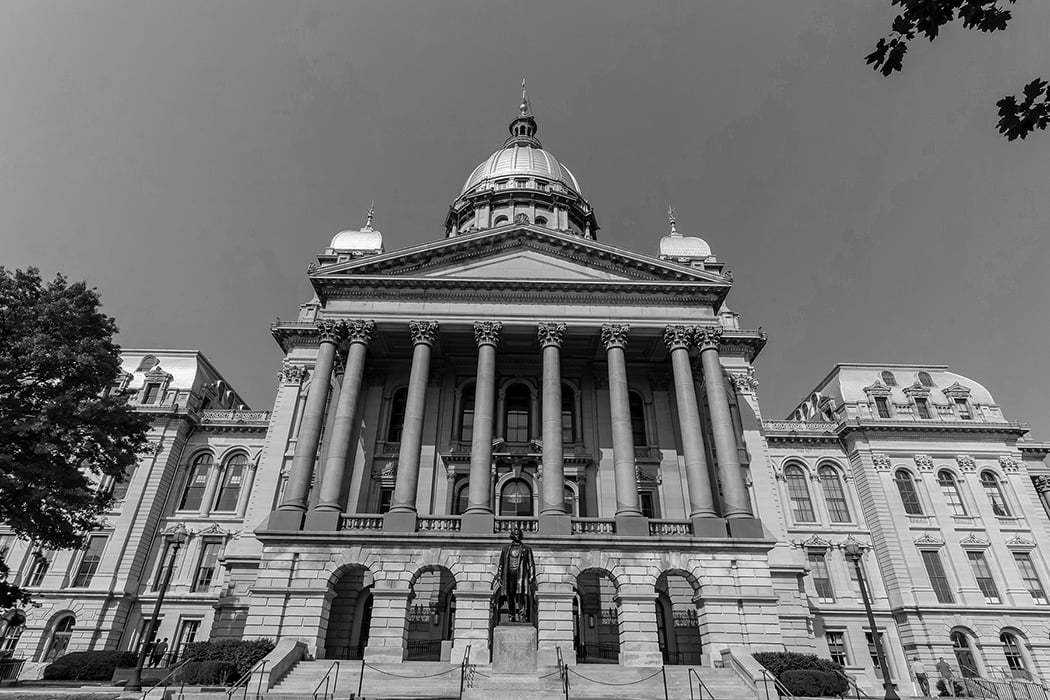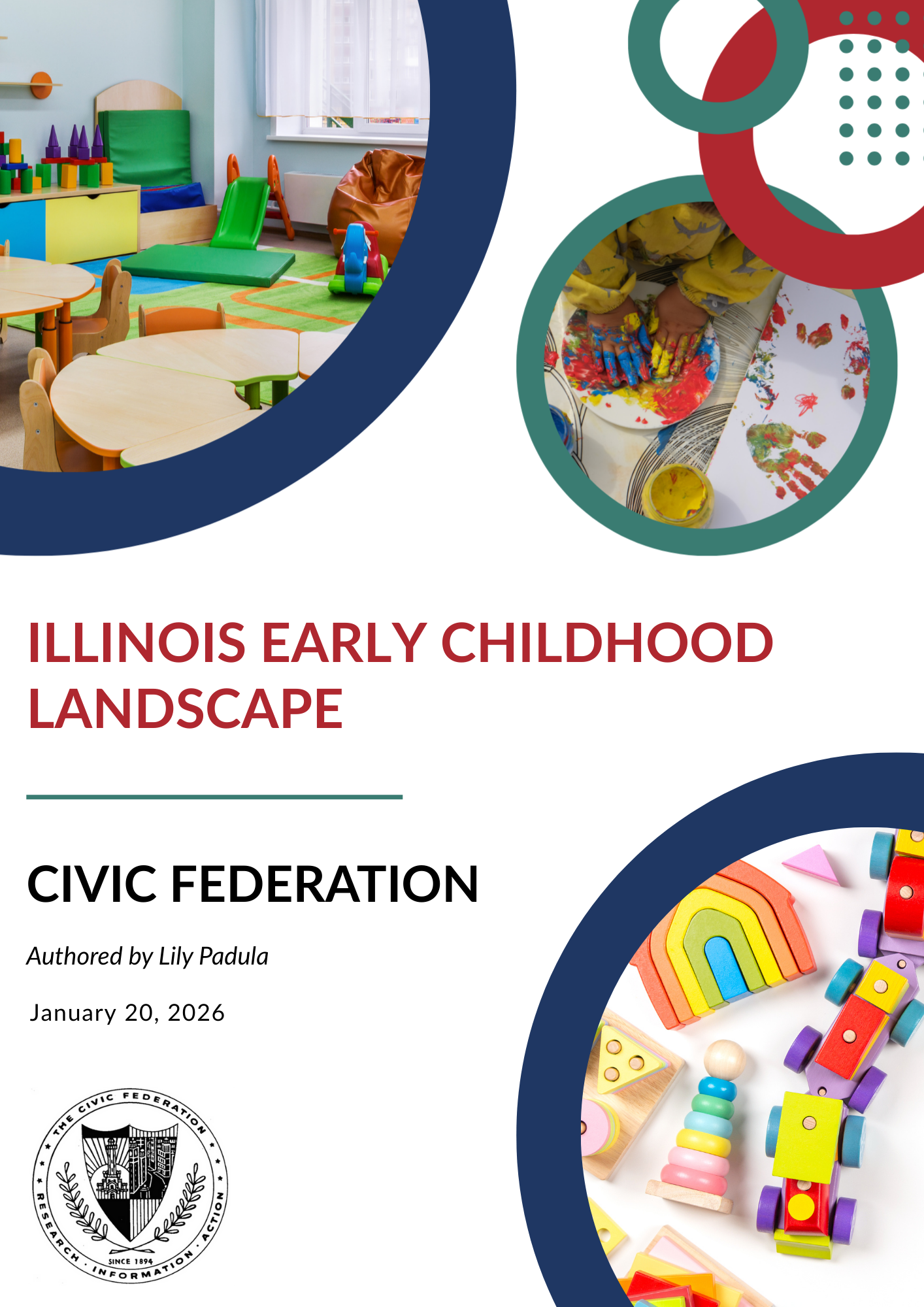January 20, 2026
Illinois Early Childhood Landscape
This report provides a data-driven overview of the early childhood landscape in Illinois. It examines demographic and socioeconomic conditions, governance and organizational structures, funding trends, program access, workforce capacity, quality indicators, family experiences, and outcomes. The goal is not to make policy recommendations, but rather to provide a comprehensive baseline of information to inform future discussions about Illinois’ early childhood system.
Featured Reports & Analysis
February 5, 2026
Estimated Full Value of Real Property in Cook County: 2006-2023
Full value studies estimate the market value of residential and commercial real estate in a taxing district. They provide a snapshot of the value of a taxing district’s property tax base at a point in time. The Civic Federation annually estimates the full market value of real estate in Cook County as a whole as well as within Cook County’s three assessment districts, referred to as triads: the City of Chicago, Northwest Cook County suburbs, and Southwest Cook County suburbs.
December 11, 2025
On the Right Track: Illinois' New Transit Agency and Path to Sustainability
Illinois Senate Bill 2111 makes major changes to the way transit service is governed and funded in Illinois. While the legislation specifies substantial governance reforms for the northern Illinois transit system and further provides new public funding for transit state-wide, many questions about oversight and accountability remain as the region enters crucial transition and implementation phases. In this report, we consider these challenges in light of four broad issues: governance; public funding; passenger fares; and system ridership.
November 24, 2025
Understanding H.R. 1: How New Federal Rules Could Reshape SNAP in Illinois
The recent federal government shutdown caused nationwide disruptions in public services and assistance across many domains, including food and nutrition supports for low-income individuals and households. For the nation’s 41+ million participants in the Supplemental Nutrition Assistance Program (SNAP), the shutdown was only a preview of what's to come, with substantial revisions over the coming decades due to the enactment of H.R. 1 in July 2025. This report lays out the three major challenges Illinois’ SNAP program faces under H.R. 1:
All Blog Posts & Reports
Keep up with the Civic Federation's latest research and recommendations on fiscal policy and other key issues facing our state and local governments.


